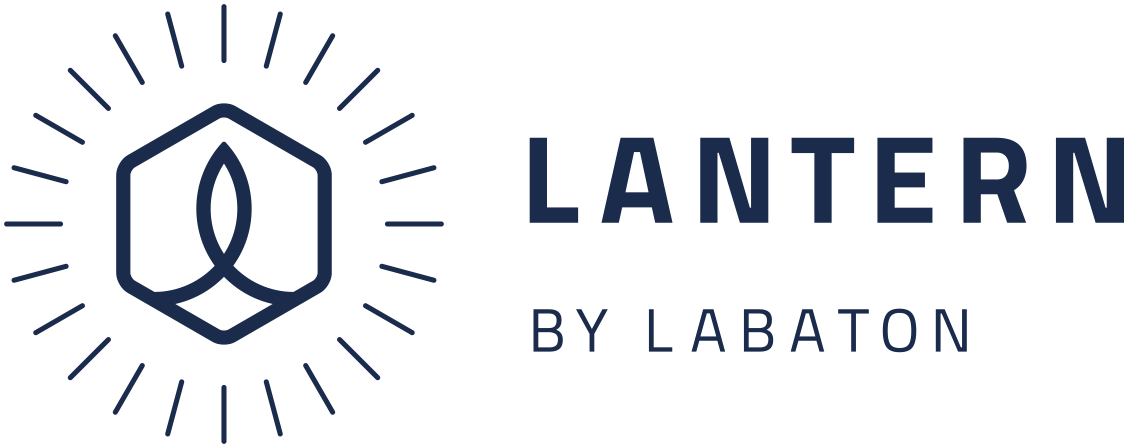Acima (also known as Acima Digital, Acima Credit, and Acceptance NOW) is the financial technology arm of the national retailer chain Rent-A-Center. Acima offers consumers alternative financing for big ticket retail items, such as furniture, mattresses, tires, appliances like washers and dryers, electronics, jewelry, and camera equipment. Under Acima’s “lease-to-own,” “lease-purchase” or “rental-purchase” agreements, instead of paying the retailer the full cash price for the item at the time of purchase, Acima owns the item and the consumer pays Acima a monthly fee for a set period (typically a year). While the amount of the monthly payment is less than the full cash price of the item, the total rental cost is often three to four times higher than the cash price. Once the consumer has completed payments and paid the total rental cost, ownership of the item is then transferred to the consumer.
Following a years-long investigation into its business practices, the Consumer Financial Protection Bureau (“CFPB”) filed a lawsuit against Acima and its former CEO on July 26, 2024. The CFPB alleges that Acima used deceptive marketing and other tricks to trap consumers in high-cost credit agreements, disguising these credit agreements as leases to evade federal consumer financial protection laws. The CFPB alleges further that due to Acima’s deception, many consumers did not understand they were agreeing to expensive markups and exorbitant finance charges, with limited options to get out of their contracts. Specifically, the CFPB alleges:
• Acima falsely advertised its service as a way to finance purchases, but customers later learned it was actually a lease, and the 90-day “early purchase option” ended up costing more than the goods themselves.
• Acima used tricky designs in its mobile app to hide important details, only revealing that customers were signing a lease when they reached checkout, with fine print and pop-ups making it hard to notice.
• Borrowers who tried to return items, as Acima had promised, found the process nearly impossible, and less than 1% of customers were able to return their goods.
• Acima gave inaccurate information about borrowers that could hurt their credit, didn't notify them properly about negative reports, and illegally required a police report to investigate fraud or identity theft claims.
The CFPB contends that Acima violated federal laws, which include the Truth in Lending Act (“TILA”), Electronic Fund Transfer Act (“EFTA”), and Fair Credit Reporting Act (“FCRA”). On August 14, 2024, the Attorney General of New York also filed an action against Acima, alleging that Acima’s aforementioned conduct additionally violated state lending and consumer protection laws.
We are representing clients in individual arbitration claims against Acima on behalf of consumers that entered into “leasing” agreements with Acima to finance the purchase of retail items that were offered to them the disclosure of key terms required by federal and state laws. If you purchased a retail item with an Acima “lease-to-own” or “rental purchase” agreement, you may qualify for a claim under federal and state laws of $1,000 or more, depending on your state of residence.

